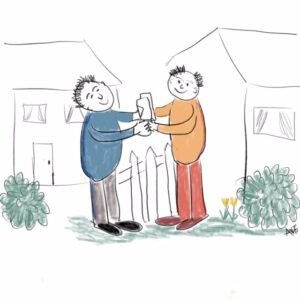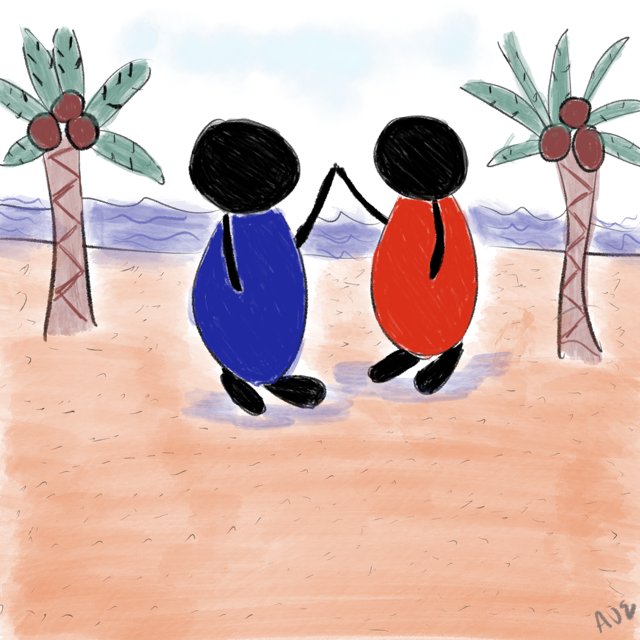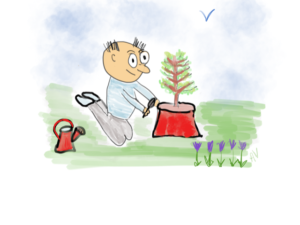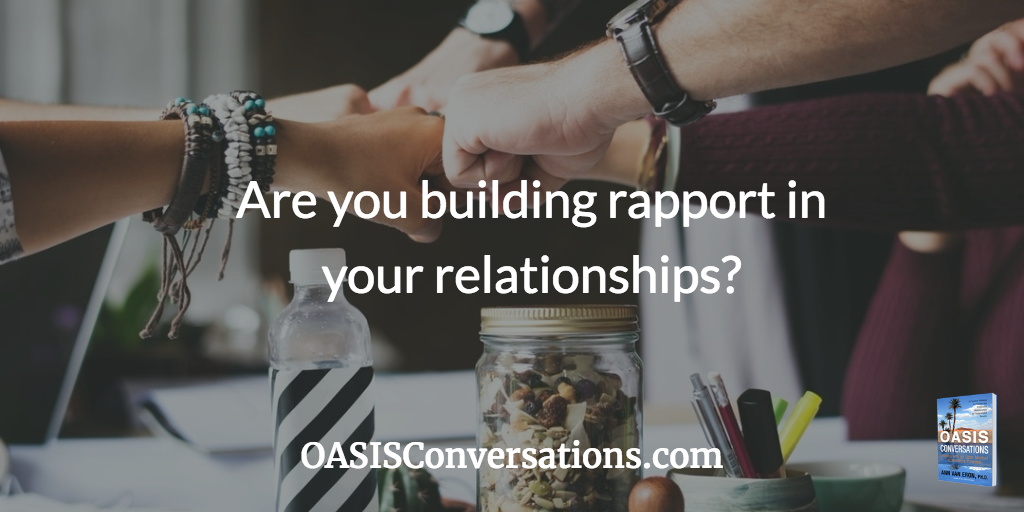
We are facing many challenges these days. An underlying issue is a decrease in social trust. Studies show that there has been a decrease in trust of government, media, religious and major social institutions in America and elsewhere. While most see a decline in people being reliable and able to fulfill their obligations, according to Pew Research Center, 8 out of 10 Americans think that social trust can be repaired.
Where do we begin? We can each choose to take an open stance and take action to make life better for others. We can commit to being a friendly neighbor and a supportive community member. What could happen if we each used our skills, talents and passion to consciously make a difference for our colleagues, community and others? Simply acknowledging and listening to others, even when they have different views could create a more positive environment. When we show that we care and desire peace, doors will open.
We are polarized with divergent political views and different areas of focus. However, we can come together as neighbors and work collectively on projects such as supporting youth or cleaning a park of litter and planting flowers. We can experience our common ground of wanting safe and life-enhancing communities—even when we have different world views.
David Brooks joined with the Aspen Institute to initiate the Weaver movement to repair the country’s social fabric, which is frayed by distrust, division and exclusion.
“People are quietly working across America to end loneliness and isolation and weave inclusive communities.” The organization collects inspiring stories of success. Brooks encourages people to join in “shifting our culture from hyper-individualism that is all about personal success, to relationalism that puts relationships at the center of our lives.” This is the kind of effort that I envision people choosing an open stance to take.
There are many stresses we are facing and we naturally become fatigued. Many are isolated and feel alone. Whether you start a global community development program or visit an elderly neighbor, we can each do our part to build positive and productive relationships and make life better for all. When you reach out you will most likely receive more than you give. It is rewarding to experience community connection. It will take all of us to contribute.
What can you do to build trust and be neighborly and a supportive community member today?




 An executive I coached was involved in high stress meetings from 8 to 8 each day. He was known to be hot headed and exploded in anger often. He was so busy that he remained task focused and failed to connect with people. He rarely shared anything personal and the environment he created was tense. Team members failed to speak with him candidly in the face of his stress and anger.
An executive I coached was involved in high stress meetings from 8 to 8 each day. He was known to be hot headed and exploded in anger often. He was so busy that he remained task focused and failed to connect with people. He rarely shared anything personal and the environment he created was tense. Team members failed to speak with him candidly in the face of his stress and anger.
